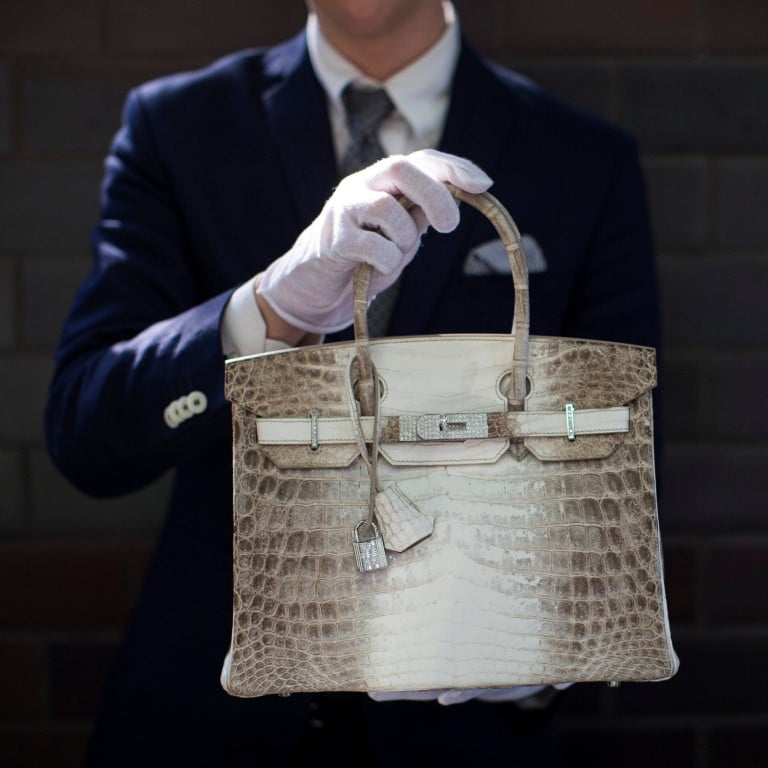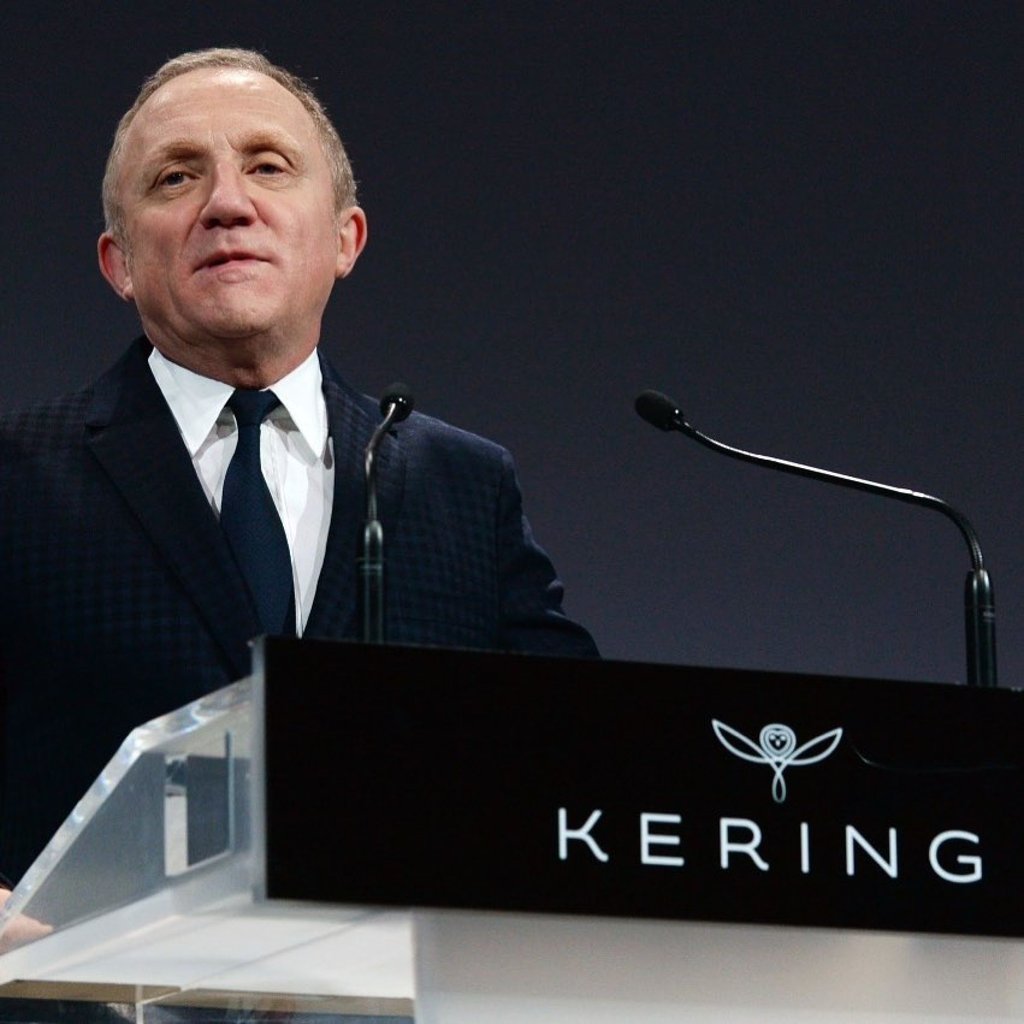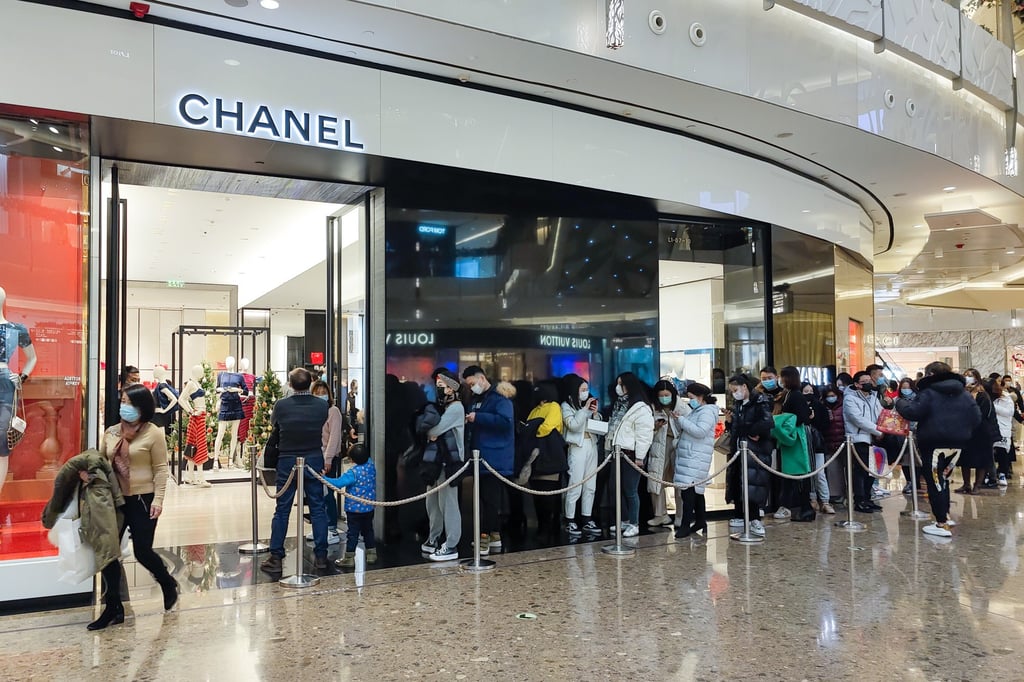Why Birkins are still hot property despite inflation: as Hermès looks to raise prices by up to 10 per cent, can luxury brands like Gucci, Dior and Chanel do the same and still keep their customers?

- François-Henri Pinault, CEO of the luxury group behind Gucci, recently shook off worries that wealthy consumers would stop spending on ever more expensive items amid inflation
- Hermès still has waiting lists for its prized US$10,000-plus handbags, as higher net worth consumers are far less likely to be impacted by difficult economic conditions
Brushing off higher prices, affluent spenders are continuing to splash out on luxuries including US$10,000 handbags, high-end perfumes and premium drinks, according to recent trading updates from Birkin bag maker Hermès, Gucci owner Kering, cosmetics giant L’Oréal and spirits company Pernod Ricard.
Yet with prices set to rise further, analysts are asking how long the boom can last before even the wealthy decide they must tighten their belts.
Hermès and Pernod Ricard both said they would continue to raise prices due to higher costs, after beating expectations in the July-September quarter. Business was boosted by Americans returning to Europe and Asia and taking advantage of the strong dollar.
Mainland China also saw a strong rebound for Hermès and Pernod after Covid-19 restrictions were lifted, although some curbs have since been reimposed.
Disruptions in the key Chinese market caused by repeated Covid-19 lockdowns weighed more heavily on business for Kering and L’Oréal, with sales at Kering’s star brand Gucci in particular declining in the quarter.

Stick to long-standing luxury brands
Analysts were looking closely for signs that the post-pandemic spending boom could ease after months of robust appetite from shoppers drawing on pandemic savings to treat themselves to designer labels and champagne.
Top executives largely brushed those concerns aside.
“It’s an industry that has experience of situations of uncertainty, but we have a lot of ammunition … no matter what factors might weigh in the near- and medium-term, perspectives in the long-term remain solid,” said Kering finance chief Jean-Marc Duplaix.
Duplaix said that while business with high US spenders was strong, some cheaper products liked by so-called “aspirational” consumers were doing less well.
